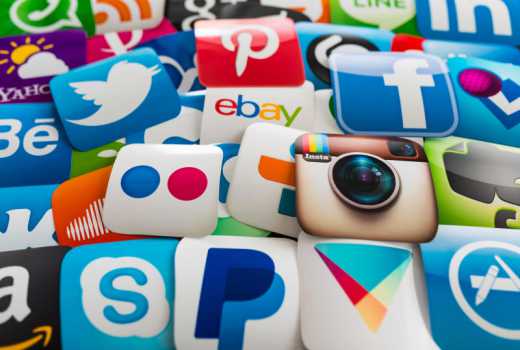×
The Standard e-Paper
Stay Informed, Even Offline

Facebook is putting tighter controls on data flowing through its social network in response to the worst privacy crisis in its history.
Rather than hurt the firm, this will give Facebook and rival Google more power over a digital advertising market they already dominate, industry executives and analysts say.







